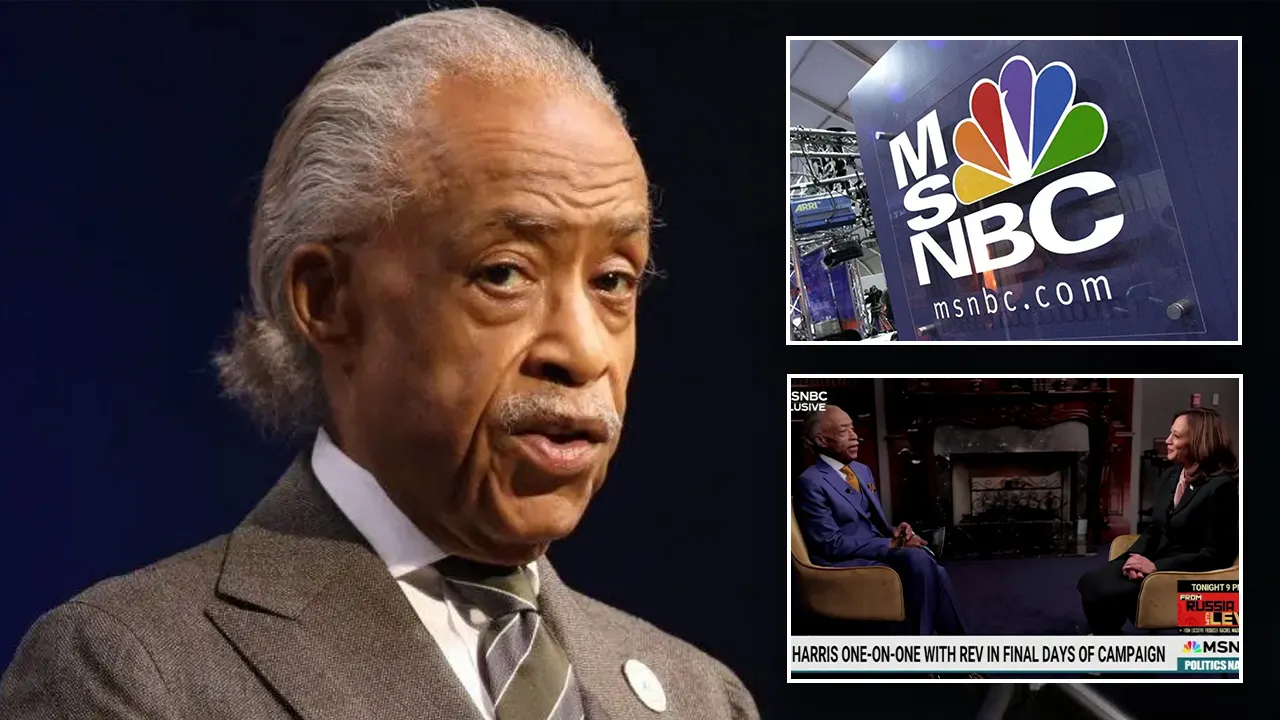Introduction
MSNBC’s association with Rev. Al Sharpton has ignited discussions about journalistic integrity and media ethics. As a prominent civil rights activist and host of “PoliticsNation,” Sharpton’s dual roles present unique challenges for the network. This article delves into the complexities of this relationship and its broader implications for public trust in journalism.
Al Sharpton’s Dual Roles
Al Sharpton is a well-known figure in both activism and media. As the founder of the National Action Network (NAN), he has been a leading voice in civil rights advocacy. Concurrently, his role as the host of MSNBC’s “PoliticsNation” places him in the realm of journalism, where impartiality is paramount.
Potential Conflicts of Interest
The intersection of Sharpton’s activism and journalism raises concerns about potential conflicts of interest. His continued political activism, while hosting a news program, has occasionally put MSNBC in awkward positions, especially when covering stories with racial controversy. This dual engagement challenges the traditional boundaries between advocacy and objective reporting.
MSNBC’s Commitment to Journalistic Integrity
MSNBC positions itself as a reputable news organization committed to journalistic ethics. However, its relationship with Sharpton has led some to question this commitment. The network’s decision to hire Sharpton in 2011 was met with concerns about the blending of activism and journalism, potentially compromising the network’s objectivity.
Network Policies and Ethical Standards
News organizations typically enforce policies to prevent conflicts of interest, ensuring unbiased reporting. Sharpton’s active involvement in political matters, alongside his role as a news host, presents a unique challenge to these standards. This situation prompts a reevaluation of how networks balance the personal engagements of their hosts with the need for impartial journalism.
Implications for Public Trust
Public trust in media is crucial for a functioning democracy. Perceived biases or conflicts of interest can erode this trust. MSNBC’s association with Sharpton, given his activist background, may lead some viewers to question the network’s impartiality, potentially impacting its credibility.
Viewer Perception and Network Credibility
Audience perception plays a significant role in a network’s reputation. The blending of Sharpton’s activism with his journalistic role could lead to skepticism among viewers regarding the objectivity of the content presented. This skepticism can have long-term effects on the network’s standing and influence.
Broader Media Landscape
The media industry is continually evolving, with personalities often wearing multiple hats. Sharpton’s case is not isolated; other media figures also juggle roles that can blur the lines between journalism and advocacy. This trend necessitates a broader discussion on maintaining ethical standards in modern journalism.
Balancing Act in Modern Journalism
As media personalities engage in various roles, maintaining clear boundaries becomes challenging. Networks must navigate these complexities to uphold journalistic integrity while accommodating the diverse engagements of their hosts. This balance is essential to preserve the trust and confidence of the audience.
Conclusion
MSNBC’s relationship with Al Sharpton underscores the intricate balance between activism and journalism. While Sharpton’s contributions to civil rights are significant, his dual roles present challenges to journalistic ethics and public perception. As the media landscape continues to evolve, networks like MSNBC must carefully manage such relationships to maintain credibility and public trust.
For more insights on media ethics, visit the Society of Professional Journalists’ Code of Ethics.
See more BBC Express News

